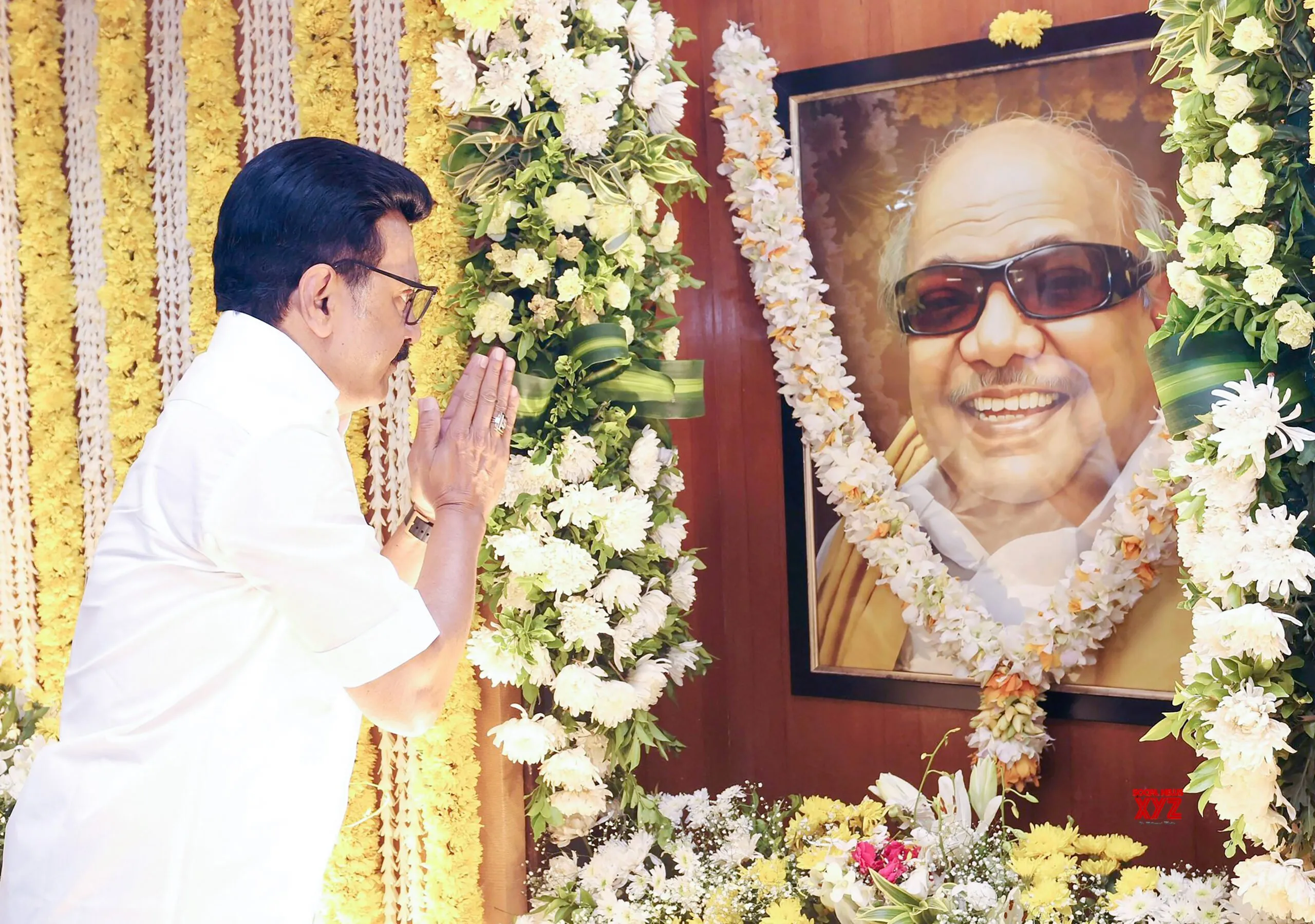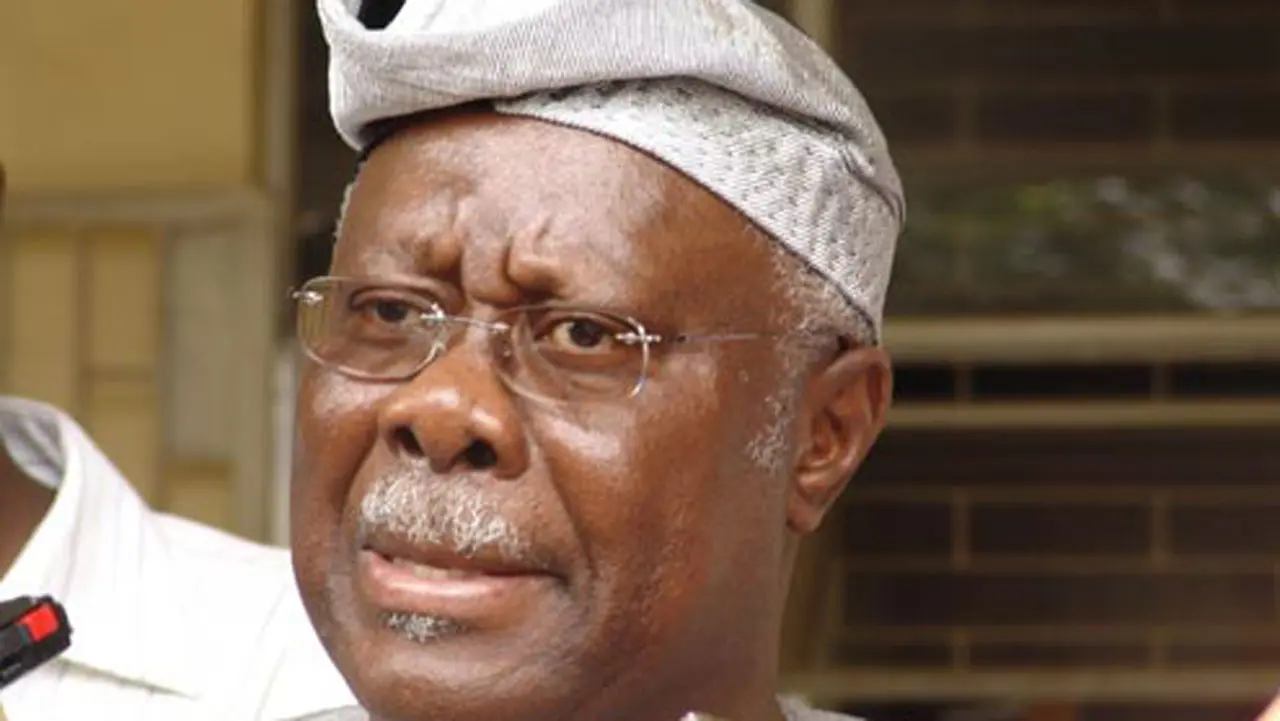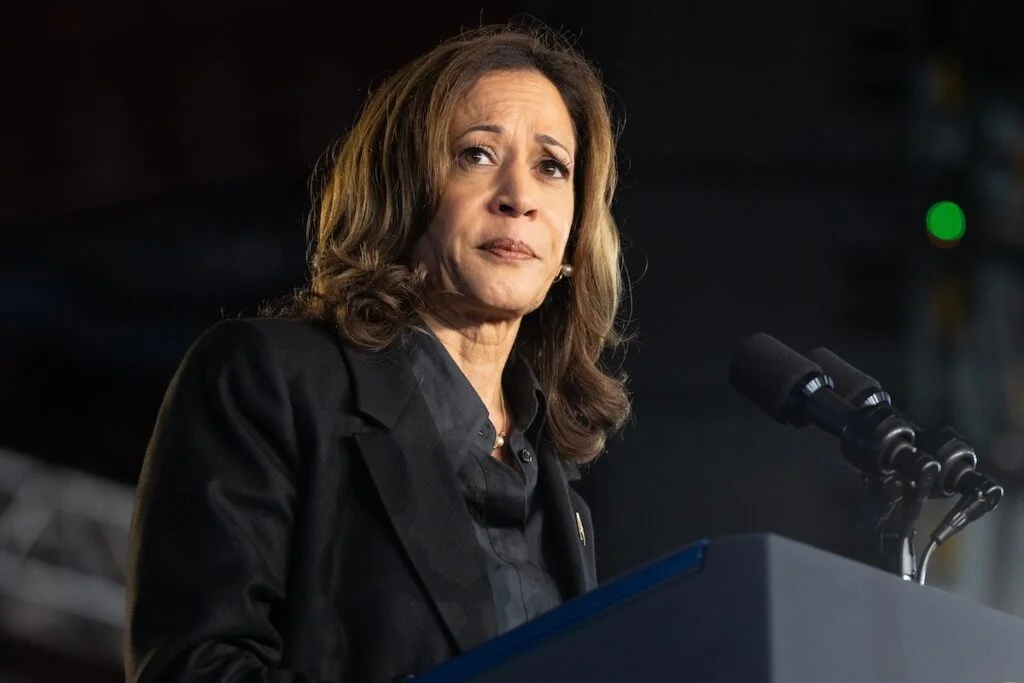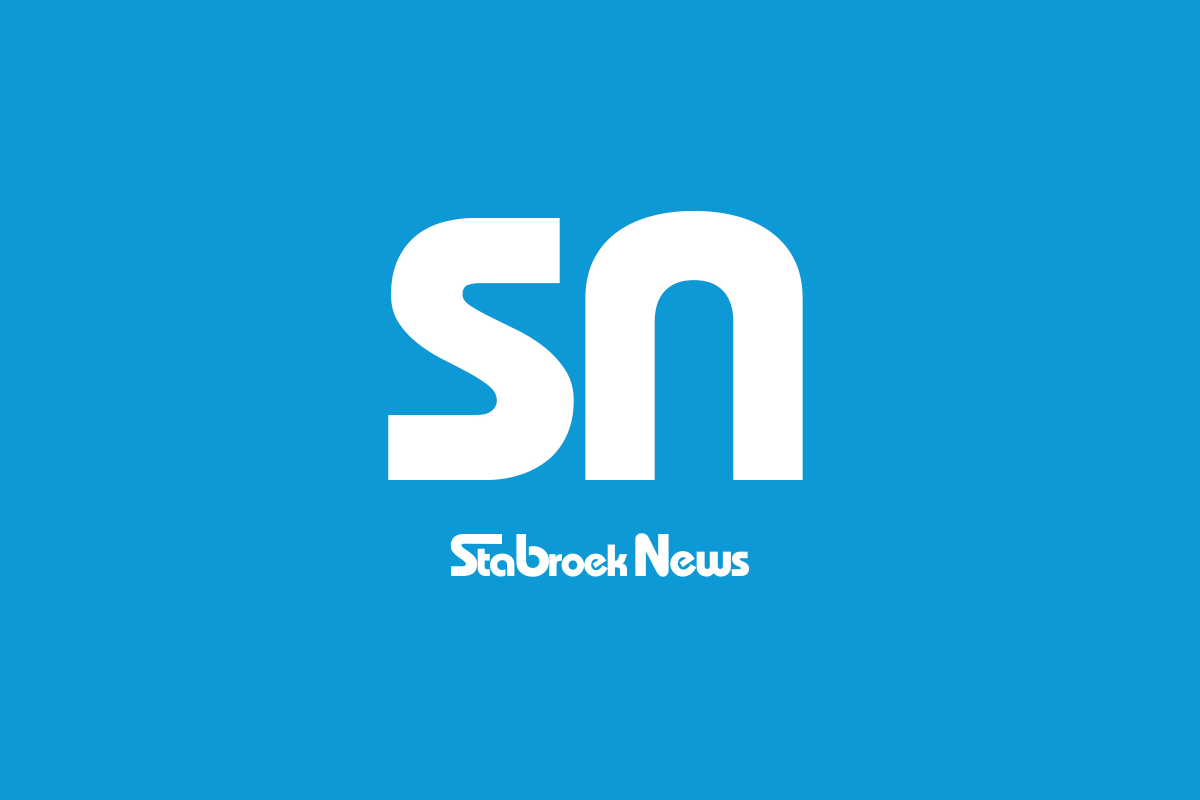Copyright tribuneonlineng

Ivory Coast President Alassane Ouattara has secured a fourth term in office following a sweeping victory in the presidential election, according to provisional results released on Monday. The outcome, widely anticipated after his top rivals were disqualified, reinforces Ouattara’s dominance in Ivorian politics. The 83-year-old former international banker garnered 89.77% of the vote—his third straight decisive win since his first, tightly contested election in 2011. That election triggered a deadly post-vote conflict when then-incumbent Laurent Gbagbo refused to concede defeat, leading to a four-month civil war that claimed about 3,000 lives. Since then, Ouattara has presided over years of relative peace and steady economic growth in the world’s leading cocoa producer. Former Commerce Minister Jean-Louis Billon, who conceded defeat to Ouattara on Sunday, came second with 3.09% of the vote, while former first lady Simone Gbagbo received 2.42%, according to results announced on state television by Ibrahime Coulibaly-Kuibiert, president of the electoral commission. Simone Gbagbo called Ouattara on Monday to congratulate him on his victory, a source told Reuters. Voter turnout stood at around 50%, similar to levels recorded in the 2010 and 2015 elections, but significantly lower than the 80% turnout in the 2010 first round. This year’s election saw major figures barred from contesting, including Laurent Gbagbo and former Credit Suisse CEO Tidjane Thiam. With no strong opposition party contenders, Ouattara’s victory was seen as inevitable. “There was no point in voting. Everything was put in place for Ouattara to win these elections. Candidates Thiam and Laurent Gbagbo were eliminated. There was nothing at stake,” said Arsene Kanga, a machinist at a cooking oil production company in Abidjan. Since the 2010 conflict, voter apathy has deepened, according to Rinaldo Dipagne, deputy director of the Africa program for International Crisis Group. “People saw that they didn’t have a future with politics, or they couldn’t imagine that politics would bring positive change to the country,” he said. The Constitutional Council is expected to confirm the results in the coming days. Ouattara, a former deputy managing director of the International Monetary Fund, has pledged to sustain economic growth and attract private investment during his fourth term. He also promised to pave the way for a new generation of political leaders, though no clear successor has yet emerged amid divisions within the ruling party. ALSO READ: Trump ends Canada trade talks over anti-tariff ad featuring Ronald Reagan Analysts warn that if Ouattara fails to name a successor, the country could face instability similar to the crisis that followed the death of founding President Felix Houphouet-Boigny, which was marked by political tension and armed conflict. The election proceeded largely peacefully on Saturday, despite earlier unrest in cities such as Yamoussoukro, where authorities imposed a curfew on Friday night. The government deployed 44,000 security personnel and enforced what Amnesty International described as an excessive protest ban. Hundreds of demonstrators were arrested, and the Interior Ministry said dozens were sentenced to up to three years in prison for offences including disturbing public order. Government spokesperson, Patrick Achi, a former prime minister, told Reuters last week that the administration remained committed to protecting freedom of speech while maintaining public order. ALSO READ TOP STORIES FROM NIGERIAN TRIBUNE



